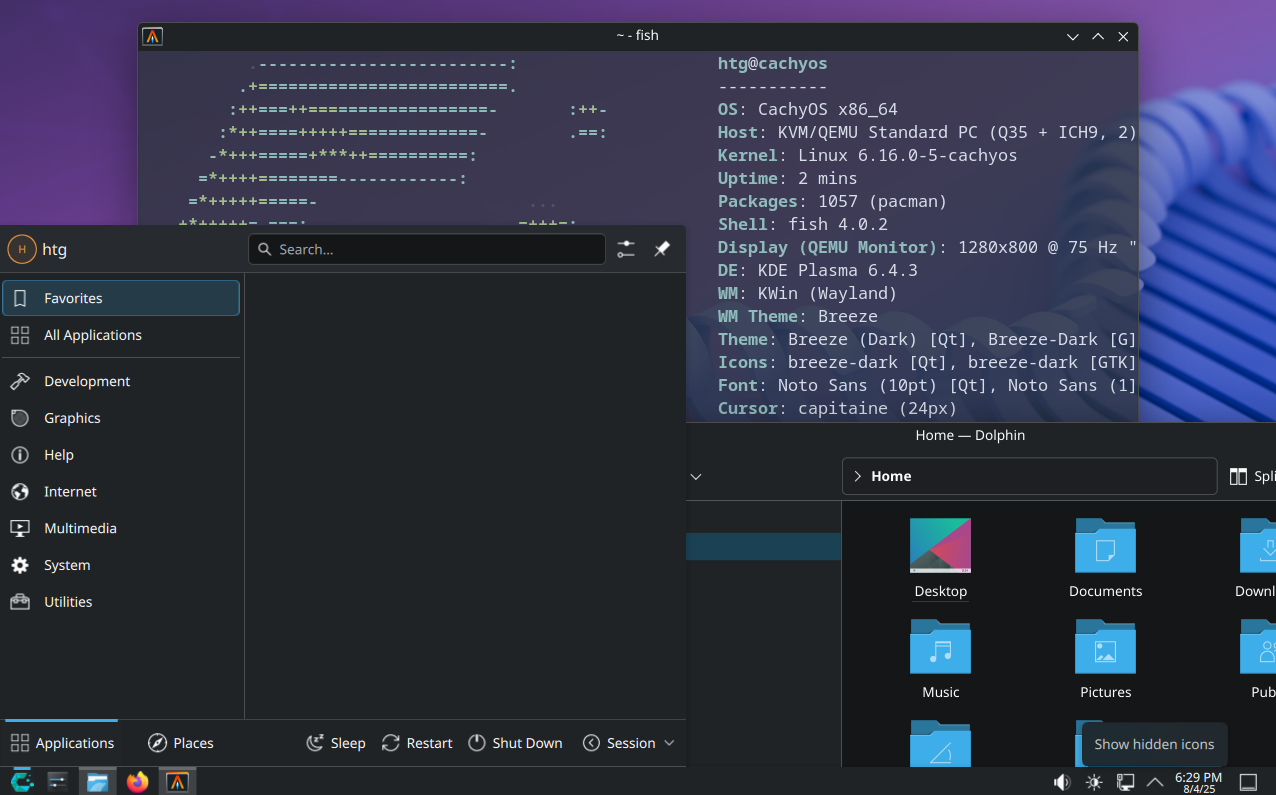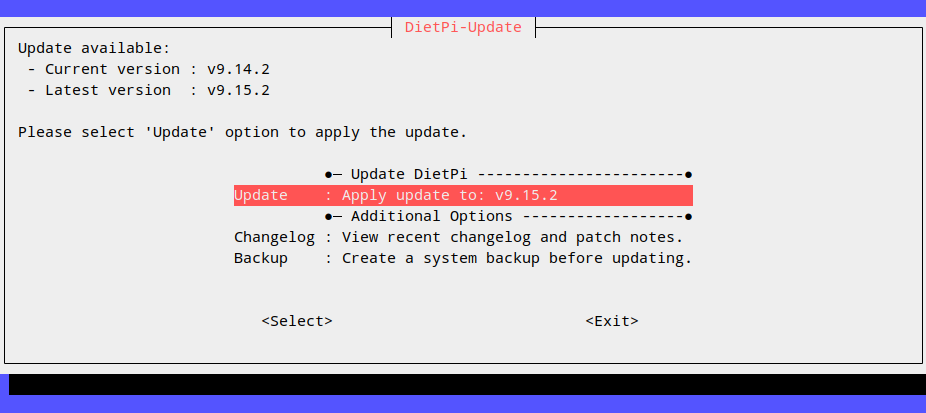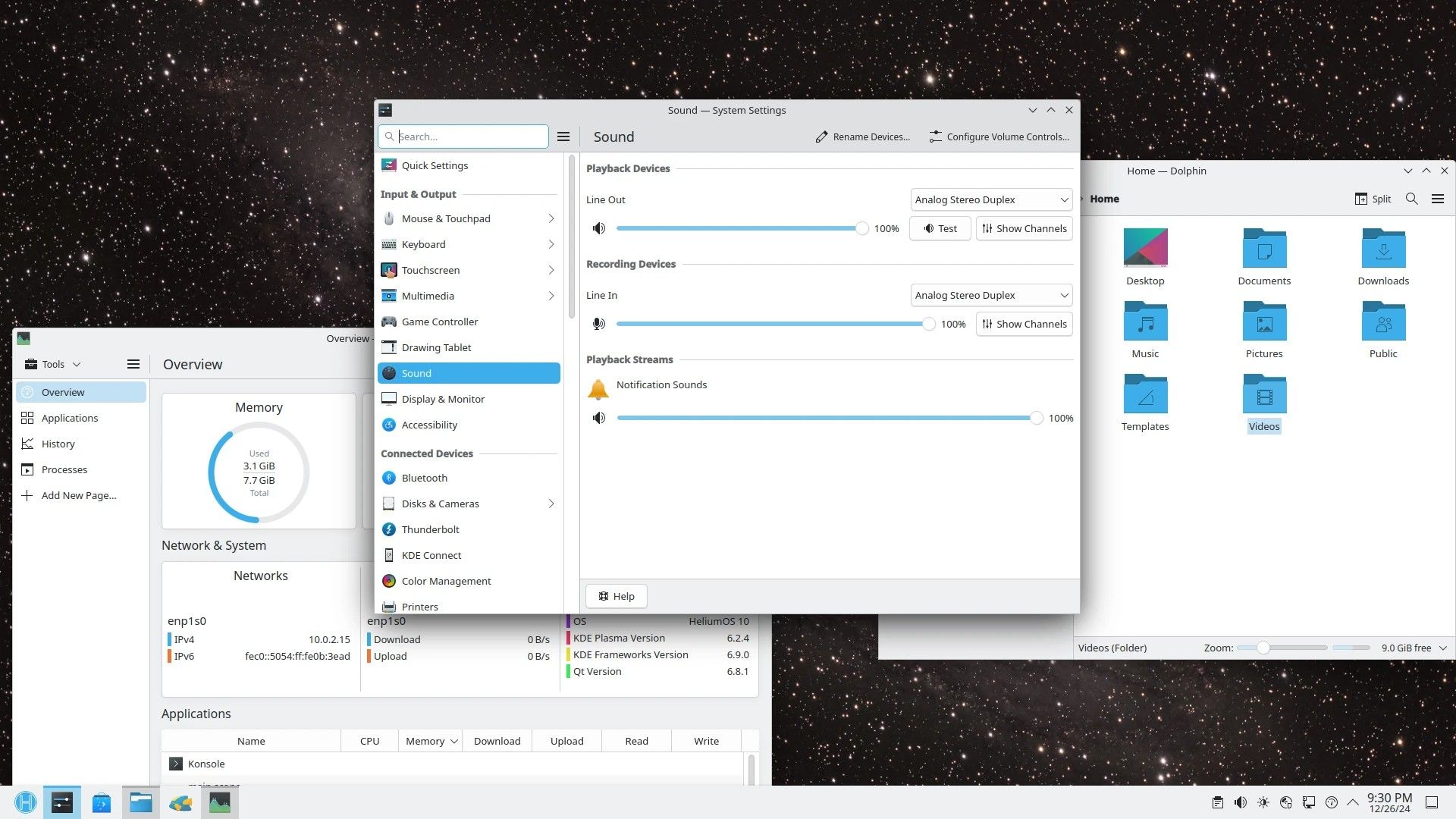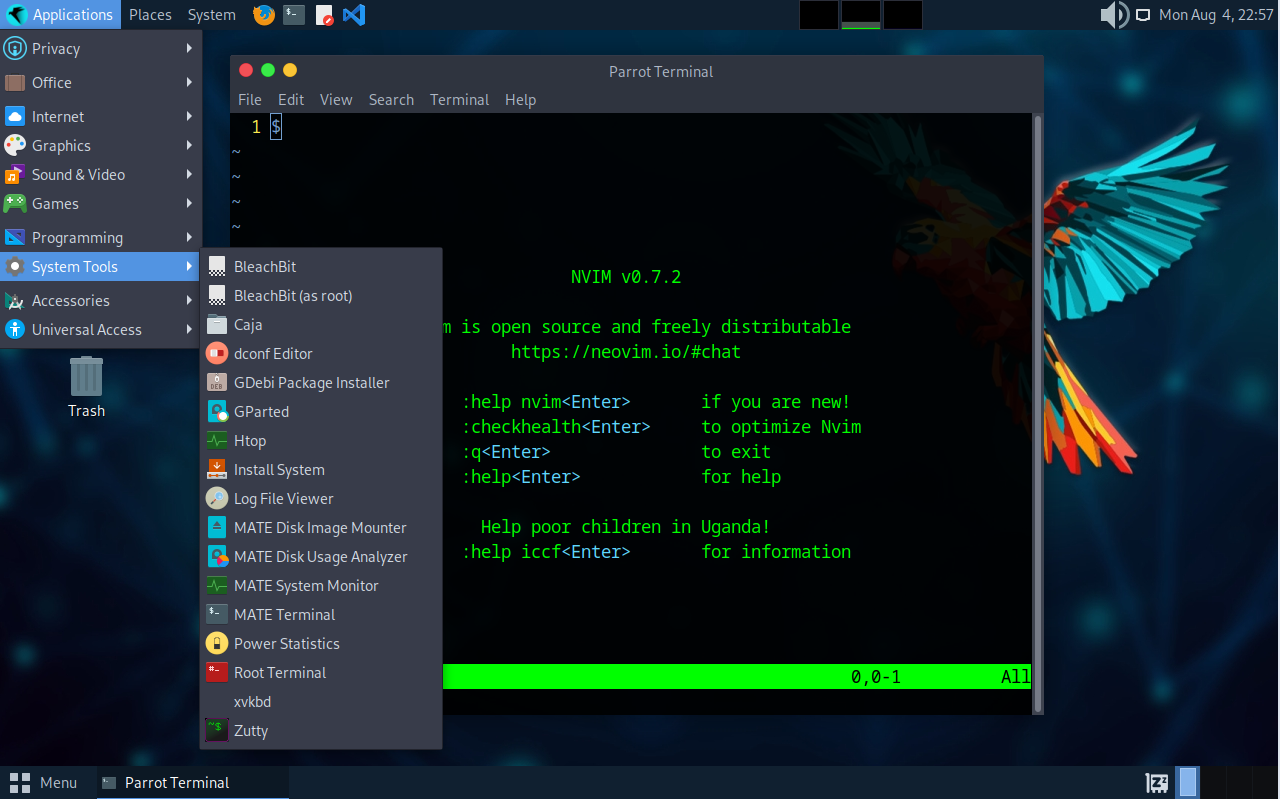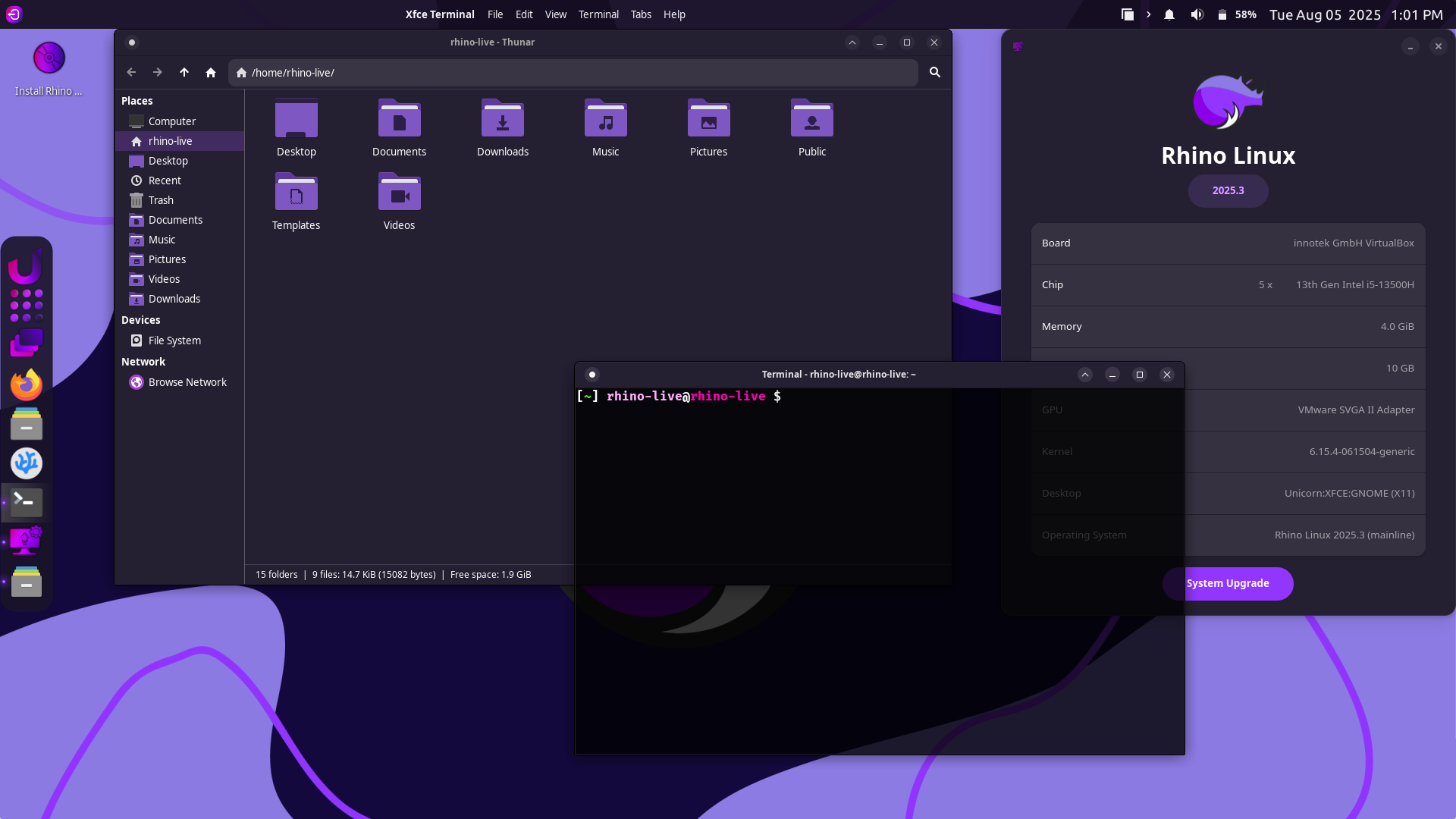When you’re choosing a Linux distribution, one thing to avoid is a distro that’s not getting regular updates. Active maintenance and development is crucial for security and general reliability. That’s why I’m highlighting a few distros that saw releases with significant changes and improvements last month.
1
CachyOS 250713
CachyOS is one of those Arch-made-easy Linux distros that’s made a lot of waves in recent Linux history. Since CachyOS is a rolling release distro, this OS image is simply a “snapshot” of CachyOS you can download, install, and update. It’s cryptically called “250713” though it becomes less cryptic when you realize it was released on July 13, 2025.
CachyOS 250713 comes with a refreshed installer that adds the ability to choose either Fish or Zsh as the shell in place of the default Bash. Installations of CachyOS KDE Plasma are now defaulting to Wayland in most cases, save for those relying on legacy Nvidia graphics drivers, which still require Xorg.
This snapshot also adds several gaming-oriented changes to proton-cachyos, the customized version of the Proton compatibility layer that CachyOS itself maintains. The changes include improvements to anti-cheat compatibility, anti-lag mitigations for latency, and an FSR 4 upgrade for games that support AMD FSR 3.1.
To learn more, see the complete CachyOS 250713 release notes.
2
DietPi 9.15
DietPi announced the release of version 9.15 on July 28. DietPi is a server-focused distro optimized for SBCs (Single-Board Computers) that I use personally on one of my Raspberry Pi devices. I love the automated software installs for the self-hosted services I run, and the OS install script that you can customize for repeatable, automatic setup.
Version 9.15 of the lean Raspberry Pi OS replacement brought support for running the Moonlight game streaming graphical client on all ARM and RISC-V boards, excepting the Raspberry Pi 1 and Pi Zero. This release also adds support for GRUB on all architectures, not just x86_64 chips.
In anticipation of the impending release of Debian 13 “Trixie” this coming weekend, there’s also now an official system migration script in the DietPi GitHub. Be sure to run that script if you want to upgrade your system to Trixie, though, to my knowledge you can continue using the Bookworm base as long as it keeps getting updates. Bookworm’s free LTS updates continue until June 2028.
There’s also a new device-specific DietPi image for the original Orange Pi 3, an SBC that was replaced by a cheaper and more humble “LTS” version. DietPi has OS images for many popular SBCs, and the Orange Pi 3 is just another notch in that belt.
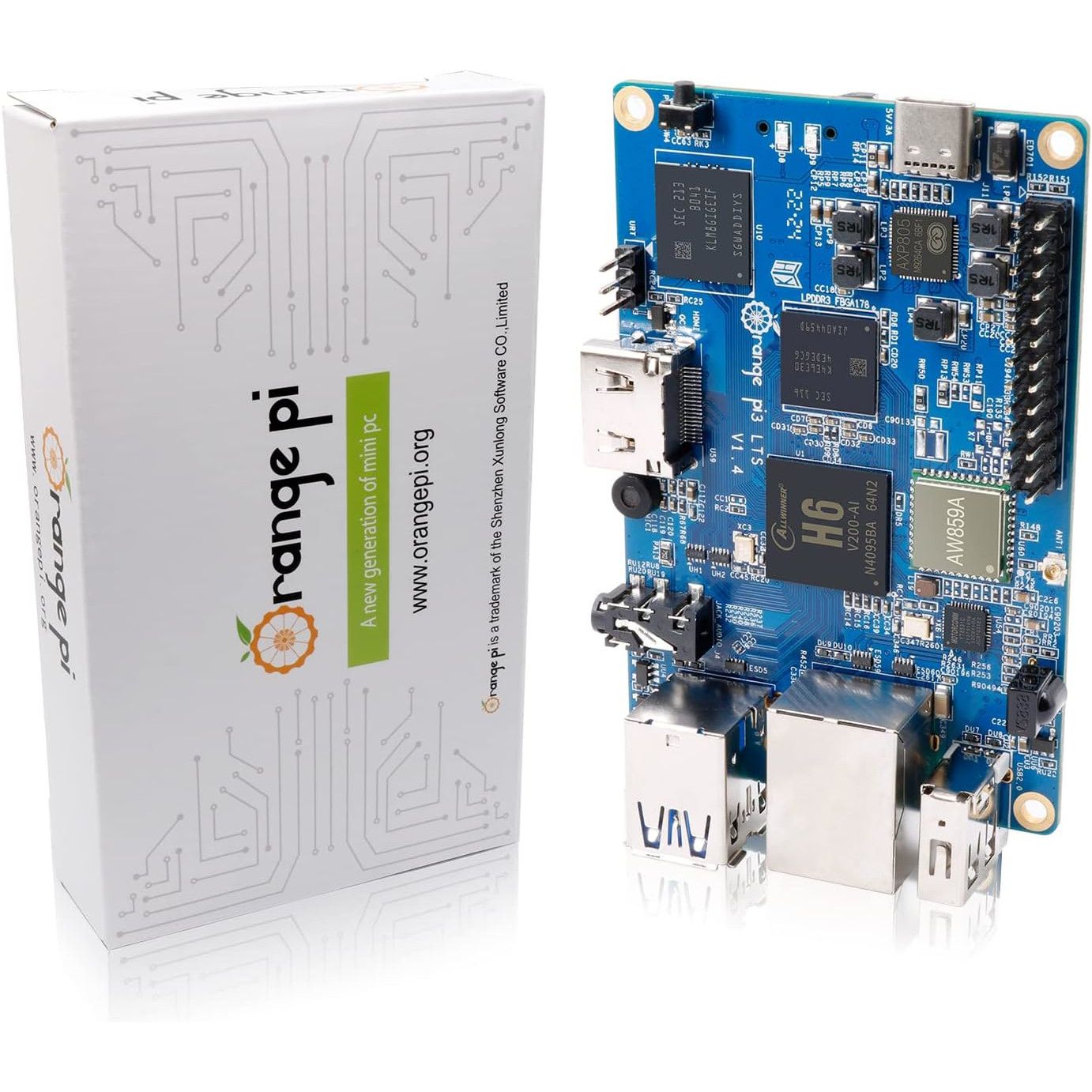
- Brand
-
Orange Pi
- Storage
-
8GB
- CPU
-
Allwinner H6
- Memory
-
2GB LPDDR3
- Ports
-
USB 2.0 x2, USB 3.0, HDMI, Ethernet, USB Type-C power
- Display
-
HDMI 2.0
For a more affordable alternative to the Raspberry Pi, check out the Orange Pi and its 1.8GHz quad-core ARM processor, with Wi-Fi 5 and Bluetooth 5.0 support, plus an IR receiver and 3.5mm audio jack for connectivity.
You can read more about the update in the DietPi 9.15 release notes.
3
HeliumOS 10
Also announcing a release on July 28 was immutable distro HeliumOS. It’s called HeliumOS 10, though it’s technically only the second major release. That’s because Helium takes its version number from the version of Alama Linux it’s based on, which is currently Alma Linux 10. HeliumOS is another entry in the growing collection of immutable Linux distros, and its base software is considered a “bootable container.”
I wrote about the HeliumOS 10 release, and the update included the addition of kernel 6.12, an LTS release that arrived this past November. The default shell has also been changed to Zsh, so if you’re the type to replace Bash with Zsh, this might be a release looking into.
Other changes include the default file system changing to Btrfs and Docker now being included by default when you install HeliumOS. There are also some bug fixes, especially for those using Nvidia cards.
For a complete list of changes, see the HeliumOS 10 release notes.
4
ParrotOS 6.4
ParrotOS, a cybersecurity-focused distro that’s based on Debian Linux, saw an update to version 6.4 on July 7. It involved an upgrade to Linux kernel 6.12.32, plus several package upgrades. They included several security tools, like the Airgeddon network auditor, the Metasploit pentesting tool, and the Powershell-Empire tool for finding vulnerabilities post-exploitation.
Like DietPi, Parrot Security is anticipating the release of Debian 13; ParrotOS 6.4 will be the last version to be based on Debian 12. ParrotOS 7 will arrive with a Debian 13 base at some point in the near future, and the developers hinted it will include RISC-V support. It’ll be following a trend, with Fedora Linux recently adding RISC-V support and the emulator felix86 enabling AAA gaming on RISC-V chips.
Go to the Parrot 6.4 release notes to learn more.
5
Rhino Linux 2025.3
Rhino Linux, a unique distro that takes Ubuntu Linux’s “devel” branch of pre-release software and distributes it with a rolling release model, announced the release of snapshot 2025.3 on July 5. You can infer from the version number that this was the third snapshot of 2025, and it follows up 2025.2 by rewriting and revamping its package manager in Nushell. It’s called RPK2, and the meta-package manager lets you work with APT, Pacstall, Flatpak, and Snapcraft package managers to get the apps you prefer from the installation sources you prefer in one unified experience.
Rhino Linux 2025.3 also adds something called the UBXI KDE 6 Desktop. It’s an alternative desktop experience to the standard Xfce-based “Unicorn” experience, and this one incorporates KDE Plasma 6. The Rhino Linux team is very intent on maintaining “the Unicorn workflow, theming, and other design elements” across desktop variants, which would explain the unique name. I can tell you from hands-on experience with Rhino that it is a unique workflow. Many distros would simply call this release their KDE edition, but the Rhino team has poured a lot of energy into refining it.
Interestingly, in the announcement about this upgraded snapshot, the Rhino Linux team also made a call for development contributors. Apparently, the original developers have less free time than they used to, and Rhino’s continued existence and improvement will rely on new folks coming on board to help. So, if you have a mind for programming and open source projects, and you like the sound of what Rhino is doing, you might consider joining the team.
Head to the Rhino Linux 2025.3 release notes for more.
There were several more than I mentioned here, but these were just a few I saw that I thought were worth calling out as interesting releases. An honorable mention might be GParted releasing 1.7.0-8, which involved a drop in support for i386 architectures. Linux distros supporting 32-bit PCs are an increasingly rare breed, and GParted is among that breed no longer.
